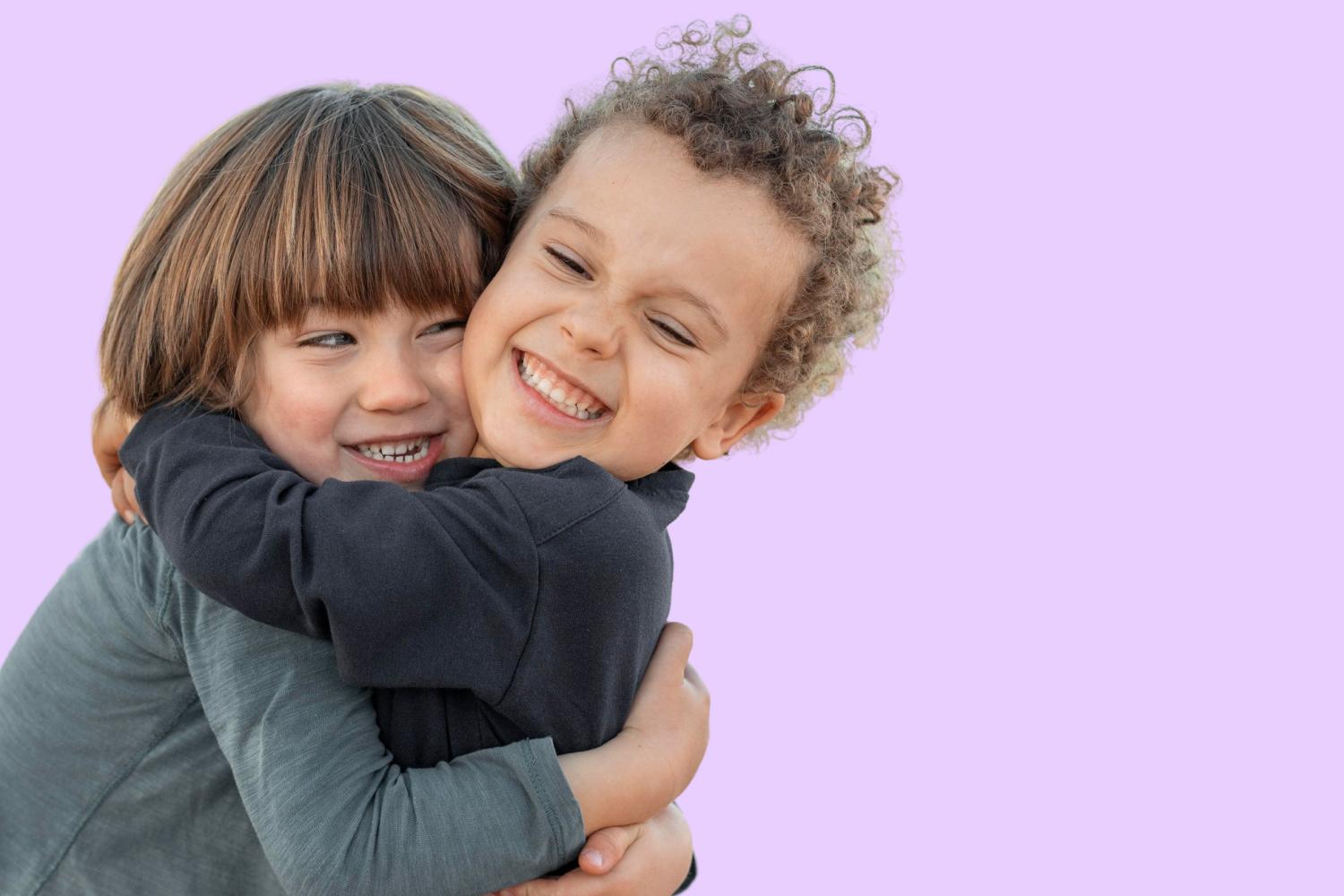How to Help Children Make Friends on the Playground
As an adult, you hold a desire to see the children in your life flourish with fulfilling friendships and joyful experiences.
While providing playground equipment is one way to encourage fun, it is equally important to equip them with the skills to make friends.
Striking a balance between intervention and independence is key in guiding your child towards building meaningful relationships.
In this article, we will explore essential strategies to help children make friends on the playground.
Observation and Encouragement
Promoting Cooperation and Empathy
Building Friendships as a Parent
Promoting Friendships as a Teacher
Effective Communication Habits
Providing an Exciting Playground Environment
In conclusion, helping children develop social skills and make friends on the playground requires a delicate balance of observation, encouragement, communication, and role modeling.
By providing a stimulating and inclusive environment, children can forge lasting friendships and enjoy the benefits of positive social interactions throughout their lives.

